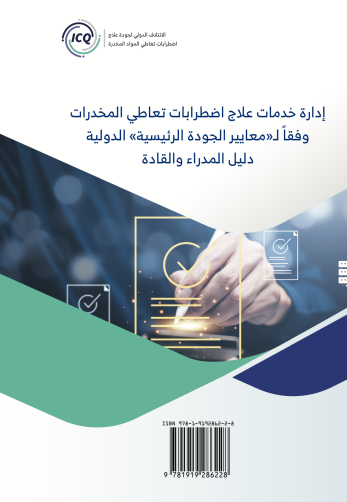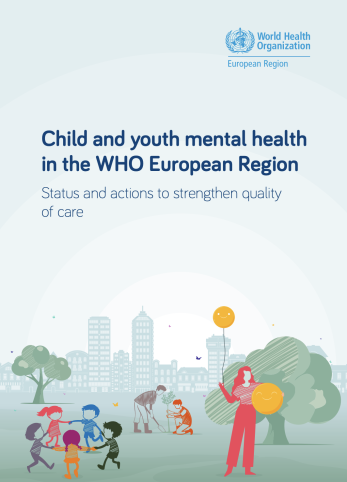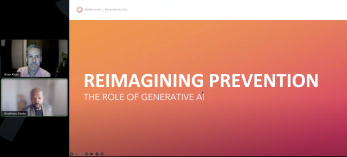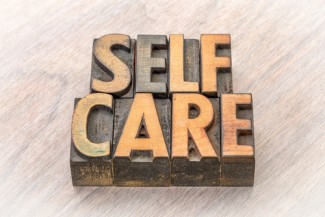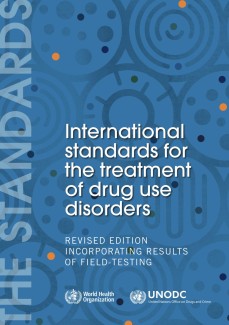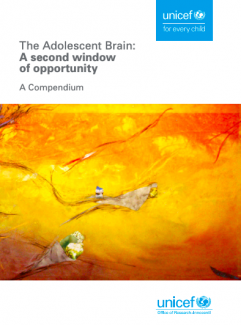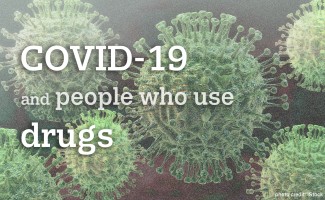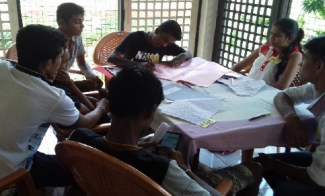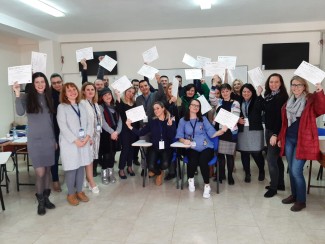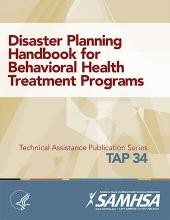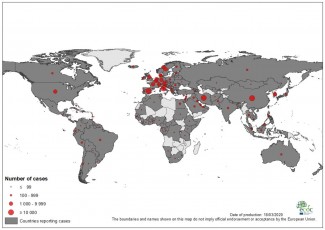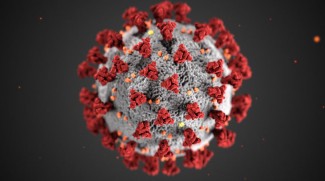
تلاش
Self‐Care for the Prevention and Management of Disease: A Statement for Healthcare Professionals
Due to the nature of their work, health care professionals frequently experience long hours, stress, burnout and compassion fatigue. If left unaddressed, these issues can lead to increased risks of mental and physical health problems.
One...
UNODC WHO Revised International Standards for the Treatment of Drug Use Disorders
This document, ‘The International Standards for the Treatment of Drug Use Disorders' is the work of UNODC and WHO to support Member States in their efforts to develop
and expand effective, evidence-based and ethical treatment for drug use...
Adolescent Brain Development, Substance Use, and Psychotherapeutic Change
Adolescence involves dramatic biologic, psychological, and behavioural changes.
Adolescents respond, learn and explore their environment, forming new relationships and further developing their identity.
It is often a time where...
The Adolescent Brain: A second window of opportunity
Adolescence is one of the most dramatic periods of human development. As well as undergoing important physical changes, adolescents are continuing to develop their identity, which is shaped by the environment and the important relationships...
COVID-19 Resource Centre: The Lancet
To assist health workers and researchers working under challenging conditions to bring this outbreak to a close, The Lancet has created a Coronavirus Resource Centre.
This resource brings together new 2019 novel coronavirus disease (COVID...
COVID-19 HIV Prevention, Treatment, Care and Support for People who Use Drugs and People in Prisons
All people have the right to health, even in countries under lockdown or where a state of emergency has been declared.
People who use drugs can be particularly vulnerable to COVID-19 due to underlying health issues, stigma, social...
Alcohol Sales Banned in Greenland
For many young people, home is not a place of safety.
As countries introduce lockdown measures, it is important that the wellbeing of young people is protected.
In a move to reduce potential violence against children during coronavirus...
Telehealth Learning Series
The Addiction Technology Transfer Center (ATTC) Network, the Center for Excellence on Protected Health Information (CoE-PHI), the National Consortium of Telehealth Resource Centers, and the Center for the Application of Substance Abuse...
COVID-19 and People with Alcohol-related Problems: Recommendations for Services
COVID-19 is a rapidly evolving pandemic with national advice and guidance updated regularly.
The fact that alcohol may no longer be consumed in public places, increases risks related to home drinking, where alcohol is cheaper, compounded...
COVID-19 and People Who Use Drugs
The situation regarding responses to the COVID-19 outbreak is rapidly evolving.
People who use drugs face the same risks as those of the general population and therefore need to be aware of the appropriate advice to reduce their risk of...
Sujatha Daruwo Project Sri Lanka
Introducing a project run since 2016 by the Preventive Education and Training Unit of the National Dangerous Drugs Control Board of Sri Lanka. This project is called "Sujatha Daruwo" or "legitimize children" in English.
Project delivery...
The First Walk-Through Training on UTC 1 to 4 Held in Albania
Dear ISSUP members,
My name is Andia Meksi and I would like to share with you some information regarding UTC training held in Tirana, Albania.
The Colombo Plan- Drug Advisory Program and the University of California, San Diego in...
COVID-19 Guidance for Opioid Treatment Programs
The Substance Abuse and Mental Health Services Administration (SAMHSA) has developed new guidelines for professionals and organisations delivering substance use treatment in the US.
The guidelines cover.
- Guidance on pharmacotherapy for...
TAP 34: Disaster Planning Handbook for Behavioral Health Treatment Programmes
This handbook offers guidance in creating a disaster preparedness and recovery plan for programs that provide treatment for mental illness and substance use disorders. It describes the planning process, preparing for a disaster, roles and...
کووڈ 19: بیماریوں کی روک تھام اور کنٹرول کے یورپی مرکز کی ویب سائٹ
کوویڈ 19 وبائی مرض تیزی سے ترقی کر رہا ہے ، اور اس کے پھیلنے کی تحقیقات جاری ہیں۔ یوروپی سینٹر فار ڈیزیز پریوینشن اینڈ کنٹرول (ای سی ڈی سی) اس وبا کی قریب سے نگرانی کر رہا ہے ، خطرے کا اندازہ ، عوامی صحت کی رہنمائی ، اور یورپی یونین کے رکن...
UTC University Training in Ukraine
The Universal Treatment Curriculum (UTC) University training took place in Ukraine from the 10th to the 14th of March, 2020.
The aim of the training was to ensure that the multidisciplinary teams tackling substance use and addiction...
فری پیر ریکوری سپورٹ ویبینار سیریز جمعہ، 27 مارچ سے شروع ہوتی ہے
پیئر ریکوری سپورٹ سروسز تیزی سے طرز عمل کی صحت کی دیکھ بھال کی افرادی قوت کا ایک اہم حصہ بن رہی ہیں۔ وہ نہ صرف طرز عمل کی صحت کے حالات والے لوگوں کو علاج اور بحالی کی مدد کی خدمات میں رابطہ قائم کرنے ، مشغول ہونے اور فعال شرکاء بننے میں مدد...
Coronavirus COVID-19 Information Summary
The US Centers for Disease Control and Prevention (CDC) offers this situational summary and latest updates page for Coronavirus COVID-19.
The page includes information regarding:
- How coronvirus is spread
- Symptoms
- Prevention and...
Effectiveness Bank Alcohol Treatment Matrix: Generating System-Wide Alcohol Screening and Brief Intervention
GENERATING SYSTEM-WIDE ALCOHOL SCREENING AND BRIEF INTERVENTION
Latest instalment of fortnightly course on the evidence for alcohol treatment and brief interventions. Context is that Britain’s National Institute for Health and Care...
COVID-19: Potential Implications for Individuals with Substance Use Disorders
As people across the U.S. and the rest of the world contend with coronavirus disease 2019 (COVID-19), this article warns that the research community should be alert to the possibility that it could hit some populations with substance use...
Share the Knowledge: ISSUP members can post in the Knowledge Share – Sign in or become a member
